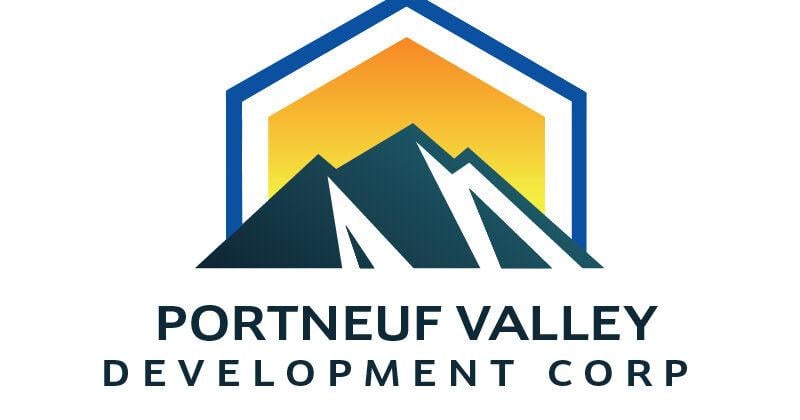Report on Target Corporation’s Sustainable Rice Sourcing and Alignment with UN Sustainable Development Goals
1.0 Executive Summary
This report analyzes the strategic initiatives undertaken by Target Corporation concerning the sustainable sourcing of rice. The primary focus is to evaluate how these corporate programs align with and contribute to the United Nations Sustainable Development Goals (SDGs). The analysis indicates a strong commitment to fostering environmental stewardship, ensuring economic viability for agricultural communities, and promoting responsible production and consumption patterns throughout the supply chain.
2.0 Key Program Initiatives in Rice Sourcing
Target’s approach to sustainable rice sourcing is built upon a multi-faceted strategy that integrates environmental, social, and economic objectives. Key initiatives include:
- Promotion of Sustainable Agricultural Practices: Collaboration with rice producers to implement methods that enhance resource efficiency. This includes promoting techniques that reduce water consumption, minimize the use of chemical fertilizers and pesticides, and improve soil health, thereby supporting long-term agricultural viability.
- Enhancement of Farmer Livelihoods: Establishing fair trade practices and transparent pricing mechanisms to ensure smallholder farmers receive equitable compensation. The program also provides access to training and resources to improve crop yields and quality, directly boosting economic stability in farming communities.
- Supply Chain Transparency and Traceability: Implementing robust systems to trace the origin of rice products from farm to shelf. This commitment ensures accountability and allows consumers to make informed choices that support sustainable and ethical production.
3.0 Direct Contributions to Sustainable Development Goals (SDGs)
Target’s sustainable rice program makes significant contributions to several key SDGs, demonstrating a comprehensive approach to corporate responsibility.
- SDG 2: Zero Hunger: By investing in resilient and productive agricultural practices, the initiative directly supports global food security. Improved yields and stable farming systems help ensure a consistent food supply.
- SDG 8: Decent Work and Economic Growth: The focus on fair wages and economic empowerment for farmers promotes inclusive and sustainable economic growth. It ensures that agricultural work is a viable and dignified livelihood.
- SDG 12: Responsible Consumption and Production: This initiative is a direct embodiment of SDG 12. By managing its supply chain sustainably and offering responsibly sourced products, Target promotes sustainable production patterns and encourages responsible consumer behavior.
- SDG 13: Climate Action: The adoption of climate-smart agricultural techniques, such as efficient water management and reduced chemical inputs, helps mitigate the greenhouse gas emissions associated with traditional rice cultivation.
- SDG 15: Life on Land: By promoting farming methods that protect soil health and reduce chemical runoff, the program helps to halt and reverse land degradation and conserve local biodiversity.
- SDG 17: Partnerships for the Goals: The success of the program relies on strong partnerships between Target, farming cooperatives, non-governmental organizations, and agricultural experts, exemplifying the collaborative approach required to achieve the SDGs.
4.0 Conclusion and Strategic Outlook
Target Corporation’s sustainable rice sourcing initiative serves as a robust framework for integrating sustainability into core business operations. The program’s alignment with the SDGs demonstrates a clear commitment to addressing global challenges. The strategic outlook suggests that continued investment in these areas will not only strengthen the resilience of Target’s supply chain but also deliver measurable progress toward the 2030 Agenda for Sustainable Development.
SDGs Addressed in the Article
Based on the provided text, no Sustainable Development Goals (SDGs) are addressed or connected to the issues discussed. The text consists of HTML code for a website’s feedback form and does not contain any narrative or informational content related to sustainability, social, economic, or environmental development.
Specific SDG Targets Identified
The content of the article does not allow for the identification of any specific SDG targets. The text is functional code for a user feedback mechanism and lacks discussion of policies, programs, or outcomes related to the 169 targets of the SDGs.
Indicators for Measuring Progress
There are no indicators mentioned or implied in the article that can be used to measure progress towards any SDG targets. The text focuses on form fields (name, email, comments) and user interaction elements, not on metrics or data points related to sustainable development.
Summary Table of SDGs, Targets, and Indicators
| SDGs | Targets | Indicators |
|---|---|---|
| No relevant SDGs were identified in the article. | No relevant targets were identified in the article. | No relevant indicators were identified in the article. |
Source: corporate.target.com







